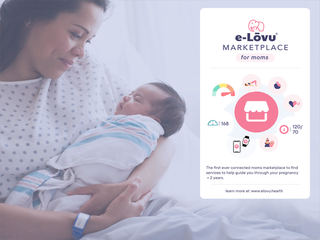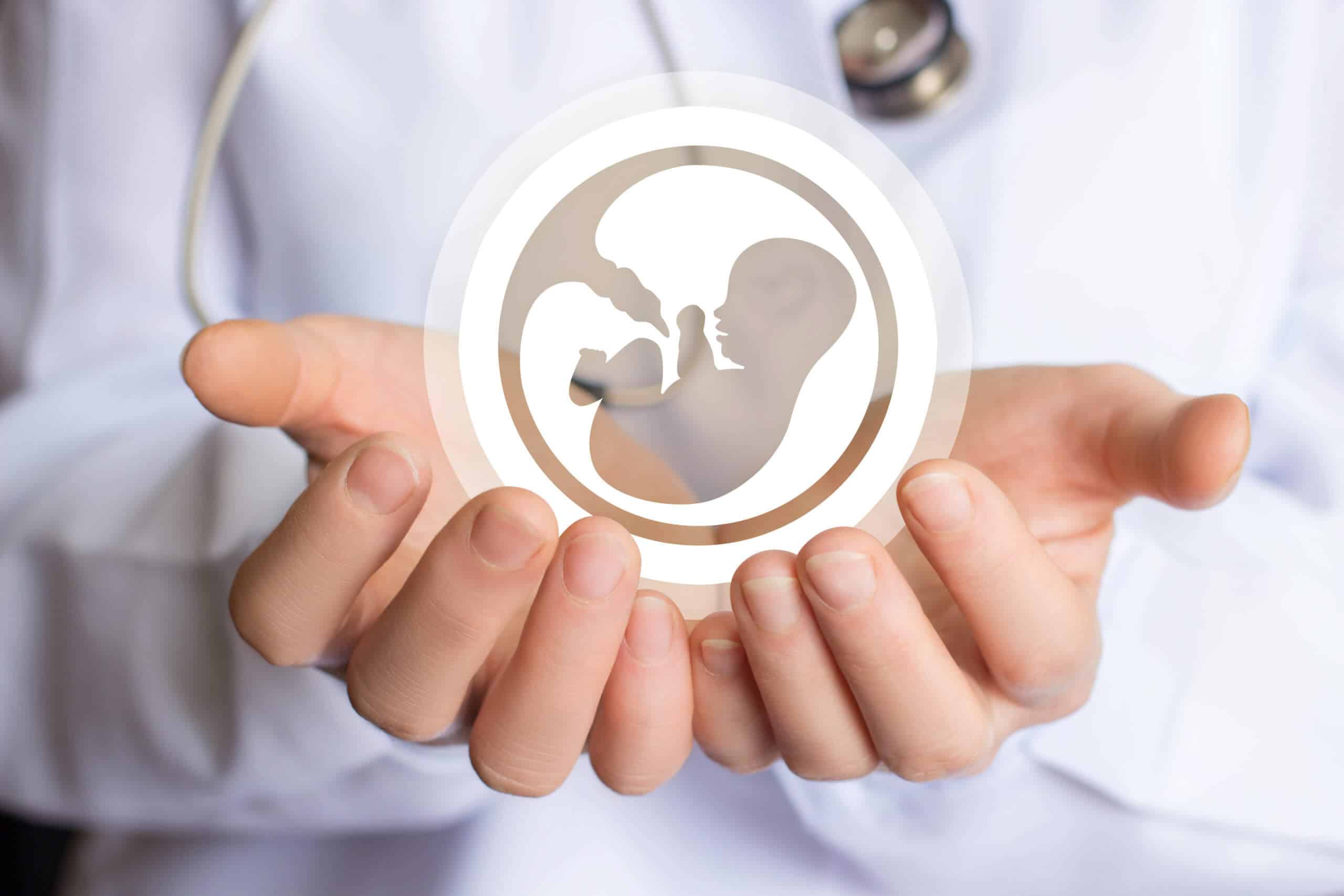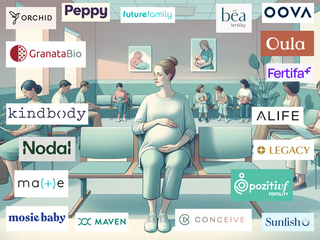
Health systems doubling down on ramping up their fertility services
Mayo Clinic, CommonSpirit Health, and Mount Sinai are among those partnered with fertility startups

Infertility is defined as being unable to get pregnant after one year of unprotected sex for women under 35 years of age, or 6 months in women 35 years and older. About 11% of women and 9% of men of childbearing age have infertility issues in the United States and the total fertility rate worldwide has dropped by nearly 1% per year from 1960 to 2018, which is more than 10% per decade and more than 50% over 50 years.
There are a number of reasons why this might be happening, chief among them is that women are having children later, with the median age at which women gave birth in the United States increasing from 27 in 1990 to 30 in 2019. In that same time, fertility rates of women ages 20 to 24 declined by 43%, while those of women ages 35 to 39 increased by 67% during the roughly 30-year period.
It could also be a product of the way we live now. According to the National Institute of Child Health and Human Development (NICHD), lifestyle factors that can affect fertility in both sexes are nutrition, weight, and exercise; physical and psychological stress; environmental and occupational exposures; substance and drug use and abuse; and medications.
Whatever the reasons, as couples increasingly struggle, fertility has become big business, with the market size in the U.S. alone expected to grow to $8.69 billion by 2033, up from $5.34 billion in 2023.
There are a number of solutions that have entered the market to address the problem, and a number of health system have also begun to stress it as well, signing partnerships with a number of those companies.
For example, Cedars-Sinai, which serves more than 1 million people each year in over 40 locations, with more than 4,500 physicians and nurses, and 1,500 research projects, partnered with Tia in 2023 with the goal of expanding access to primary and specialty care for women across Los Angeles. Tia provides what it calls a, “Whole Woman, Whole Life” care model that includes both virtual and in-person services. It provides primary care, mental health, and gynecological care, along with wellness services, such as acupuncture, for its members.
Tia had also previously announced a partnership with CommonSpirit Health, a nonprofit, Catholic health system that has more than 1,000 care sites and 140 hospitals in 23 states, to provide its care model, staffing and technology infrastructure, while CommonSpirit connected Tia to patients, health plan partners, and hospital and specialty care access. It also announced a deal in 2022 with UCSF Health to open 10 clinics in the Bay Area; UCSF includes approximately 18,000 staff and physicians, maintains 1,290 beds, admits 41,000 patients and has over 2.5 million outpatient visits yearly.
Mount Sinai West, a a full-service, 505-bed medical center, partnered with Oula, a company that says it's "redesigning maternity care from the ground up" by offering pregnancy care from prenatal, to delivery, to postnatal support, including virtual classes and visits, in 2021. This meant Oula patients would be able to deliver their babies at Mount Sinai, while also receiving full access to hospital resources and specialists they may need, all while remaining under the care of Oula’s medical team for non-surgical births.
In 2023, the two organizations expanded their relationship after reaching 1,000 babies delivered, including a third clinic set to open later this year, along with expanded clinical services, additional service lines, and a deeper clinical and financial integration.
Oova, a company that operates a network of over 100 clinics and offers an at-home urine test for measuring luteinizing hormone and progesterone to identify fertile days, is itself a spin-out from Mount Sinai, and it's partnered with Massachusetts General Hospital, CNY Fertility, Jefferson Health, and New Hope Fertility Center.
Cleveland Clinic, a nonprofit multispecialty academic medical center with over 300 locations, teamed up with Maven Clinic, a virtual clinic for women's and family health, typically partners with employers to offer its services, with include programs around various aspects of women's healthcare such as preconception, egg freezing, IVF, adoption, surrogacy, pregnancy, returning to work and pediatrics, as well as programs for partners of people going through pregnancy or IVF.
Through this agreement, Maven corporate partners and their members gained access to dedicated support, including appointment scheduling, enhanced care coordination, financial counseling and other support services offered by Cleveland Clinic Fertility Center.
In 2022, Mayo Clinic, which is made up of 16 hospitals and 44 multispecialty clinics that serve more than 600,000 patients each year, announced a collaboration with in Turtle Health, a company that operates a virtual fertility counseling clinic in order to expand access to at-home gynecology care to women across the country. As per the partnership, Turtle Health's consults formed part of a new home-based gynecology clinic service called gynecology@home.
Caduceus Medical Group, the only physician owned and managed multi-specialty medical group in Orange County, California, announced a partnership with eLovu Health, a B2B digital wellness maternal health data platform, so the solution will be integrated into physician workflows, and clinicians will be given a weekly Precision Pregnancy Insight Report on each mother, where any out of the ordinary readings are immediately communicated to the clinician based upon an agreed upon care plan.
In 2022, HCA Healthcare, which consist of 184 hospitals and approximately 2,000 sites of care, formed a partnership with fertility benefits solution Progyny to provide eligible colleagues access to treatment coverage, personalized guidance and access to premier specialists to support paths to parenthood. The Southern California Center for Reproductive Medicine also partnered with Progyny, with goal of expanding access to fertility care.
Related News






